Fans of the NFL’s thirty-two teams don’t agree on much. You’ll get a broad range of opinions on who the best and worst teams are, who should be the league MVP, who should be the first pick in the next draft and a host of other football questions. But there is broad agreement on one thing: NFL officiating stinks worse than maggot-infested roadkill and the league has no plan to fix it.
PolitiFact might brand me a conspiracy theorist for this opinion, but, like many other football fans who think their teams never get the pivotal calls, I’m pretty sure the league is committed to preventing my beloved Buffalo Bills from ever winning the Super Bowl.
Take one game we played against the Eagles this year, for example. In the first half, the Bills were flagged for ten penalties against just one five-yard penalty for the home team. It seemed like we were getting flagged for giving Jalen Hurts dirty looks while the Eagles’ secondary was free to molest, impede, pillage, plunder and outright assault our receivers with nothing more than atta-boys from the refs. At one point, an Eagles defender horse-collared our quarterback, Josh Allen, so violently that he literally tore his jersey right in front of an official. Shawn Hochuli’s crew conferred and instead of flagging the Eagles, penalized Allen with a bogus intentional grounding call. NFL analyst Warren Sharp darkly hinted on X that the crew was crooked. “The Eagles are 4-0 with Shawn Hochuli as the ref since Nick Siranni was hired (4-0 [against the spread] as well,” he wrote.
If you’re a football fan, you likely have your own grievances you think are worthy of consideration at the Hague’s International Criminal Court. Just ask Indianapolis Colts fans, who are still smarting from a bogus endzone pass interference call in October on a ridiculously uncatchable ball that effectively handed the Cleveland Browns a 39-38 win with fifteen seconds left in the game. The Lions were arguably shafted even more egregiously in a week seventeen contest against the Cowboys when Brad Allen’s crew impacted the NFC playoff race by nullifying what likely would have been a game winning two-point conversion on an incorrect illegal touching penalty on Lions offensive tackle Taylor Decker.
The Chiefs-Packers game in early December also featured several bad calls on both teams in the waning minutes of the Packers 27-19 upset win. Chiefs fans were also irate the following week when a correct offside penalty on Kadarius Toney may have cost them a win against my Bills. In my scrupulously unbiased opinion, which is no way impacted by the fact that I hate the Chiefs with every fiber of my being, their contention that the refs should have alerted Toney to his infraction is ludicrous. After all, let’s not forget they were the beneficiaries of a questionable defense holding penalty on an overthrown ball in the last two minutes of a tie game that set up their winning touchdown in the Super Bowl last year. Yes, it was a jersey tug but it was also the first defensive holding or pass interference call of the game, so what about all the prior jersey tugs they’d been letting go all game before that play?
According to the NFL, referees get 98.9 percent of calls correct, but I’m not buying it. Here are some modest proposals to improve NFL officiating.
Keep score
The league grades officials weekly and only those with high grades supposedly get to officiate playoff games. The league ought to publish the refs’ grades, including the number of blown calls and questionable calls they make each week. If we can track how many fumbles, interceptions, drops, penalties and other mistakes the players make on the field, there’s no reason why we can’t also track and document officiating blunders.
Fire people
Referees almost never lose their jobs in season. In 2018, down judge Hugo Cruz was fired midseason after a blatant missed false start in a game between the Browns and the Chargers. It was the first midseason firing of an official in the Super Bowl era, according to the website FootballZebras.com, which monitors NFL officials. Despite all the clear blunders this season, no officials have been canned to date. In fact, Brad Allen’s crew, which failed miserably in the Dallas-Lions game, was given an important game with playoff implications to officiate the following week.
Introduce transparency
The league also isn’t transparent regarding personnel decisions, so when refs leave the league, we don’t know if it’s because they retired, got tired of it or if they were fired for poor performance. But based on the low level of turnover, it seems like they aren’t firing enough refs for poor performance. If they do fire bad refs, they ought to publicize it.
Use technology more effectively
Members of each officiating crew should have one or two support officials on site monitoring video angles in the press box who are in constant communication with the on-field crew.
Put refs to work full time
NFL officials are part-timers who also have day jobs. They reportedly make about $200,000. For that price, they ought to be full time. When they’re not on the field, they should be in training. They should spend a lot more time reviewing video of games from around the league to learn from the good and bad calls they and their colleagues make.
Officiating is a thankless and difficult job. Many officials are competent and stay out of the news. But there are too many egregiously bad calls and seemingly no consequences for those who make them. Some say the NFL doesn’t mind the bad calls because they spark intense debate and headlines, generating more interest in the league. But I think the games are interesting enough without the bush league officiating.



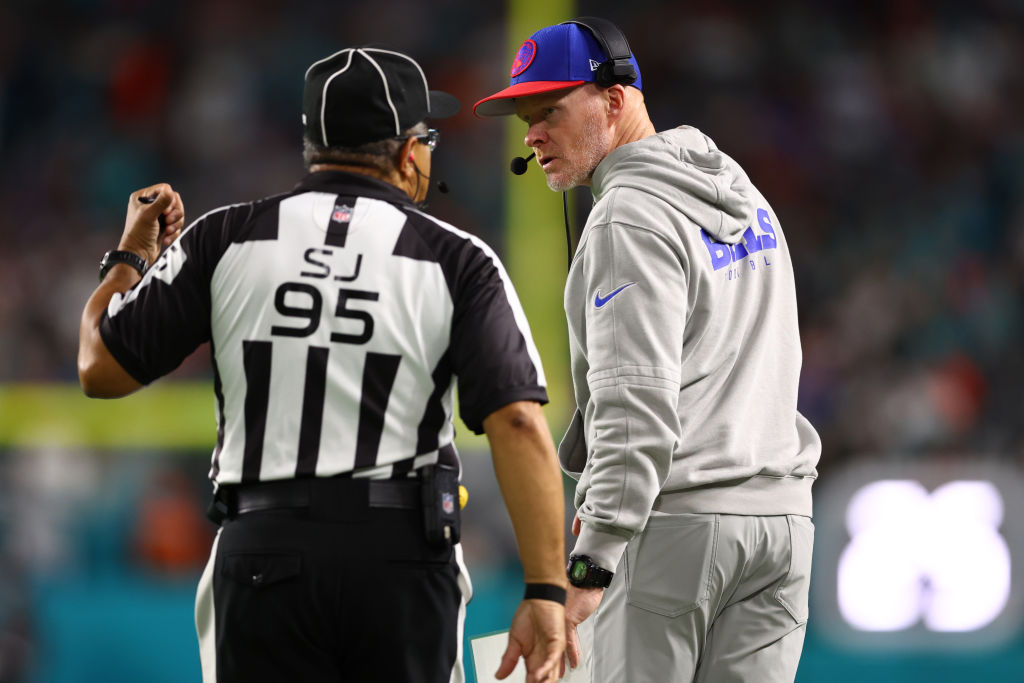






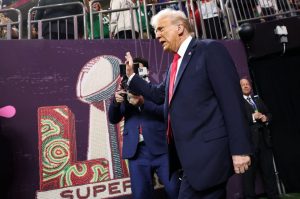
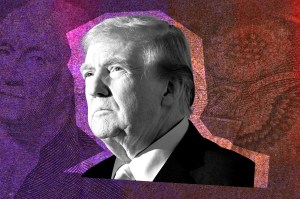
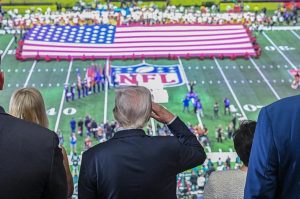

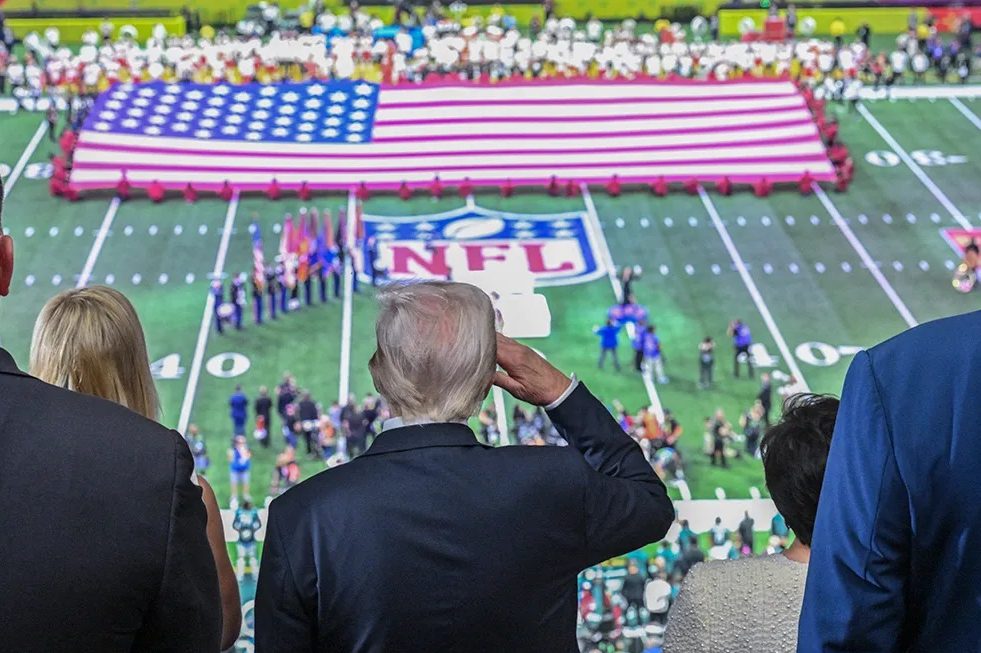
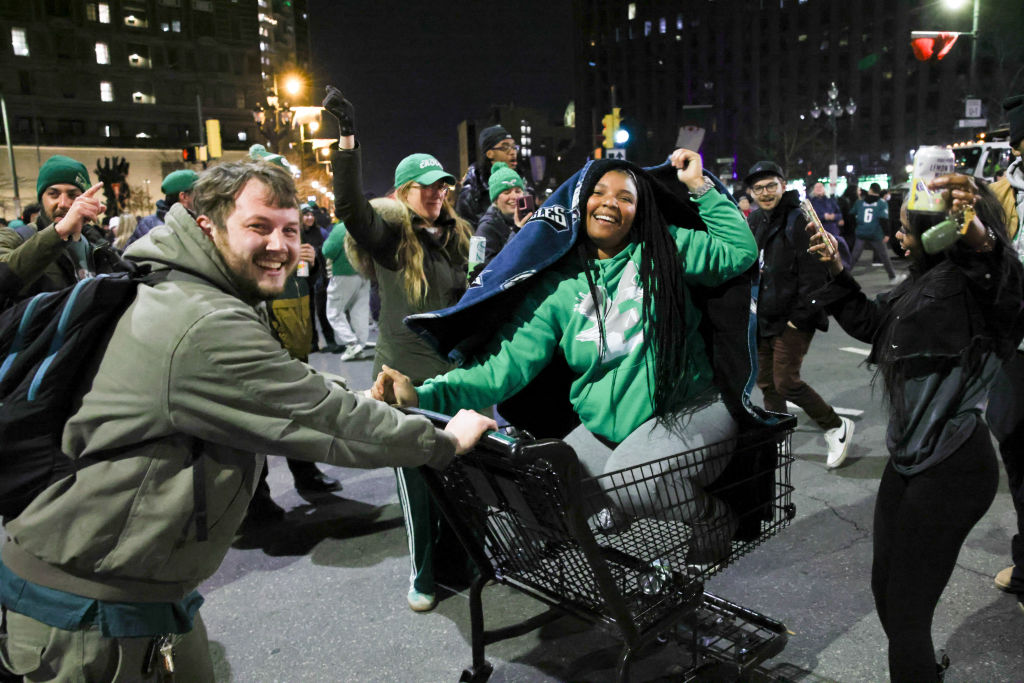
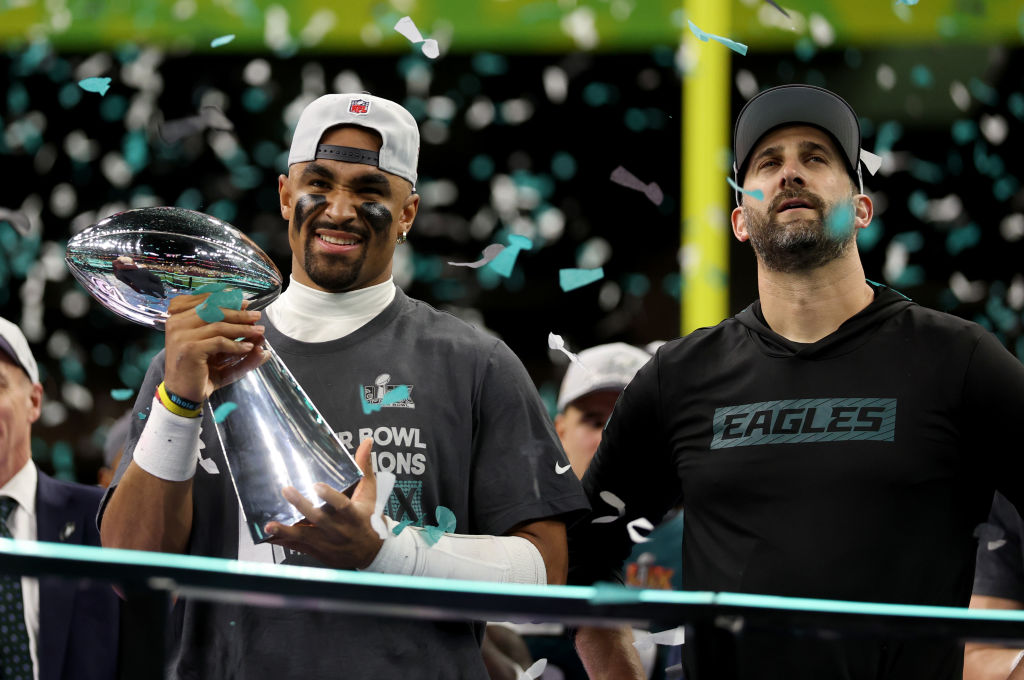

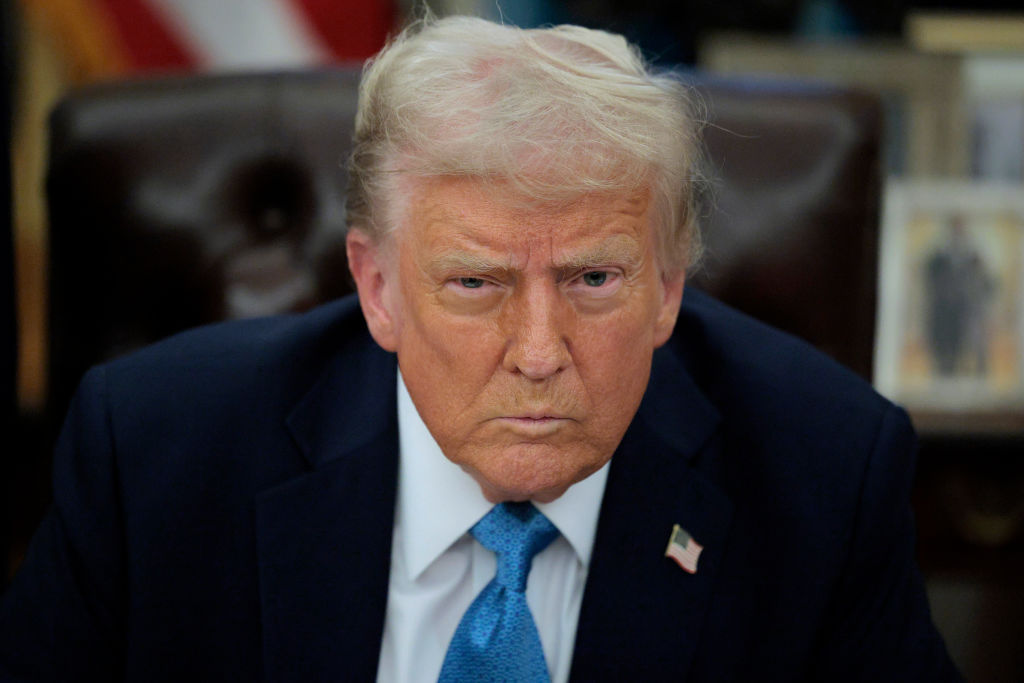







Leave a Reply